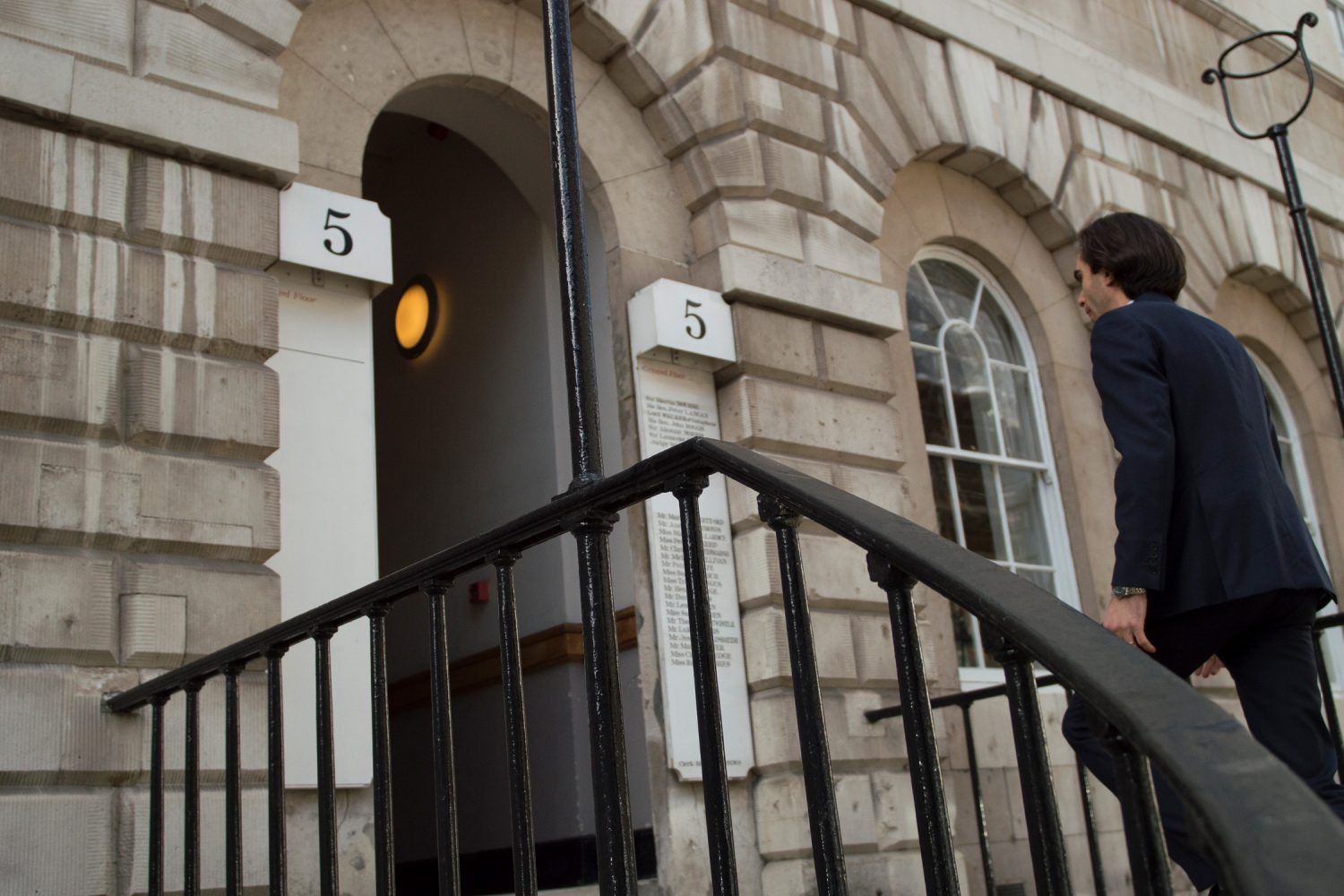Ruth Hughes and Tomos Rees appear for HMRC in Hoopla Animation Ltd v HMRC’.
On 23 January 2025, the Upper Tribunal (Tax and Chancery Chamber) handed down judgment in Hoopla Animation Limited v HMRC [2025] UKUT 00028 (TCC). Ruth Hughes and Tomos Rees acted on behalf of HMRC in successfully responding to the appeal.
The FTT had held that HMRC was right to refuse authorisation for Hoopla Animation Limited (‘Hoopla’) to issue compliance certificates in respect of the Enterprise Investment Scheme regarding certain shares issued by Hoopla. Hoopla was formed to produce a children’s cartoon called Daisy & Ollie.
The basis for the FTT’s decision was that the shares had been issued as part of ‘disqualifying arrangements’ within section 178A of the Income Tax Act 2007, as the whole or the majority of the amount raised by the share issues had been paid to or for the benefit of companies within the CHF Group (in particular CHF Entertainment Limited, ‘CHFE’).
Hoopla appealed on the basis that neither CHFE nor any other member of the group of companies was a ‘party to the arrangements’, as that phrase was analogous to a party to a contract and did not include persons who were merely involved in arrangements. Further, the amounts paid were not paid ‘to or for the benefit of’ a relevant person as they were part of arm’s length commercial subcontracting arrangements.
Those arguments had been previously considered by the Upper Tribunal on materially identical facts in Coconut Animated Island Limited v HMRC [2024] UKUT 75 (TCC) (‘Coconut’), in which Ruth Hughes and Tomos Rees had also acted for HMRC.
The tribunal held that Coconut was correctly decided and that the FTT in Hoopla had applied the correct legal principles. In particular:
- The ordinary meaning of ‘party to’ an arrangement did not connote any sort of formality such as being party to a contract (and in any event CHFE was a party to a contract in this case).
- CHFE was therefore ‘sufficiently involved’ in the arrangements within the test set out by the Upper Tribunal in Coconut.
- It was not necessary to consider whether CHFE was a party to the arrangements as a whole. It was clear that the contract was part of the arrangements and that Hoopla was entirely dependent on CHFE to produce and develop Daisy & Ollie.
- It was irrelevant that the contract was an arm’s length commercial agreement. The payments were made to or for the benefit of CHFE within the meaning of the legislation.
On that basis, the appeal was dismissed.
The decision can be found here.

